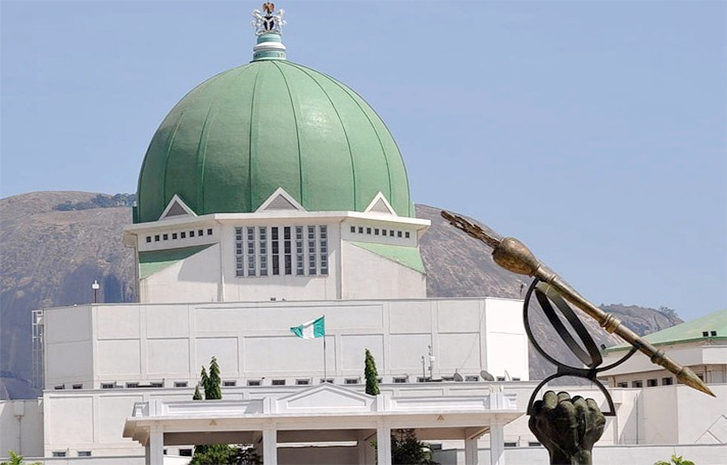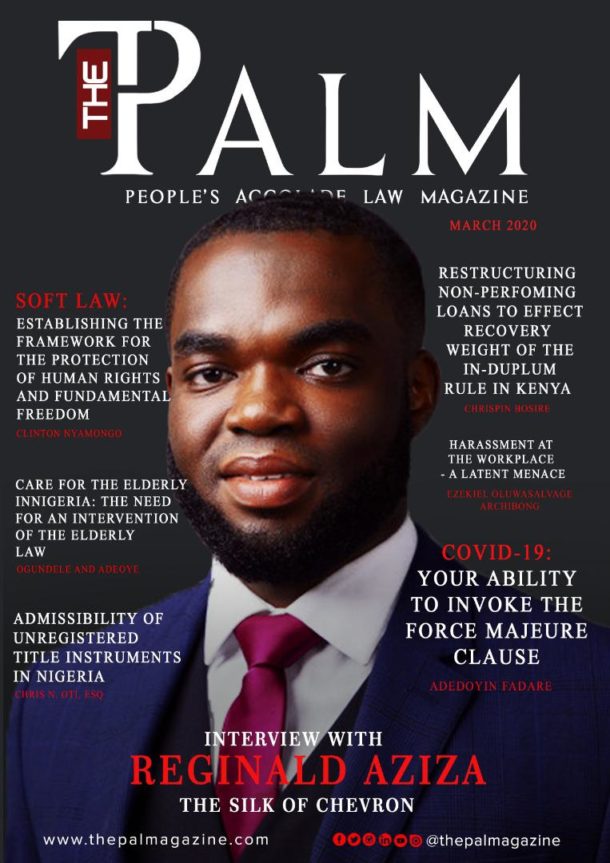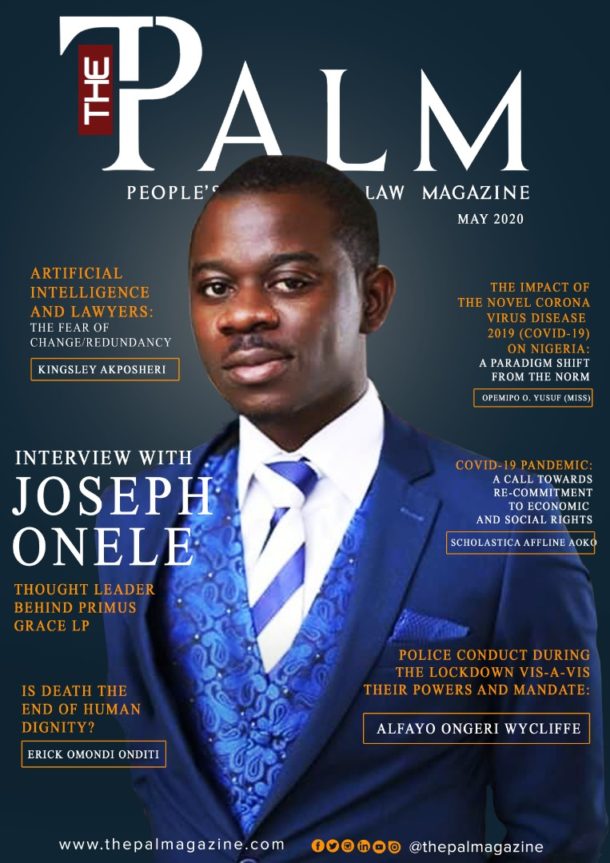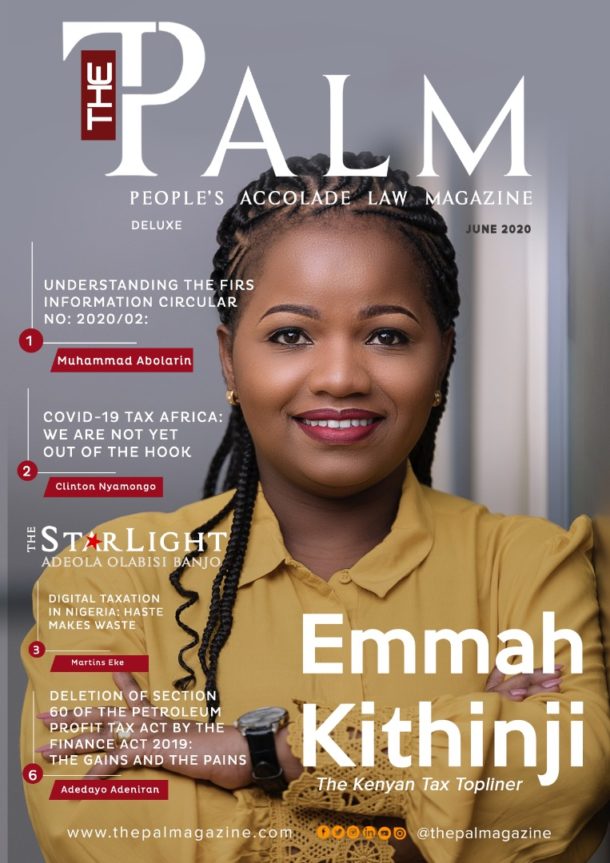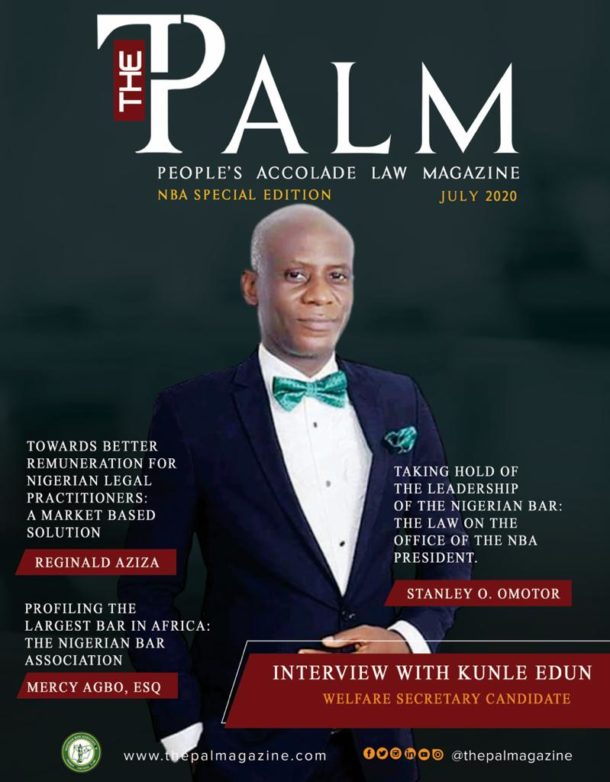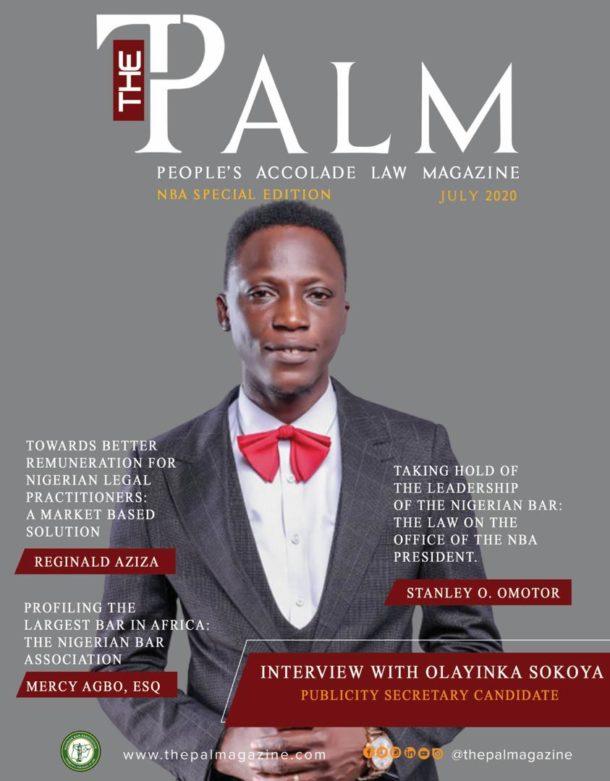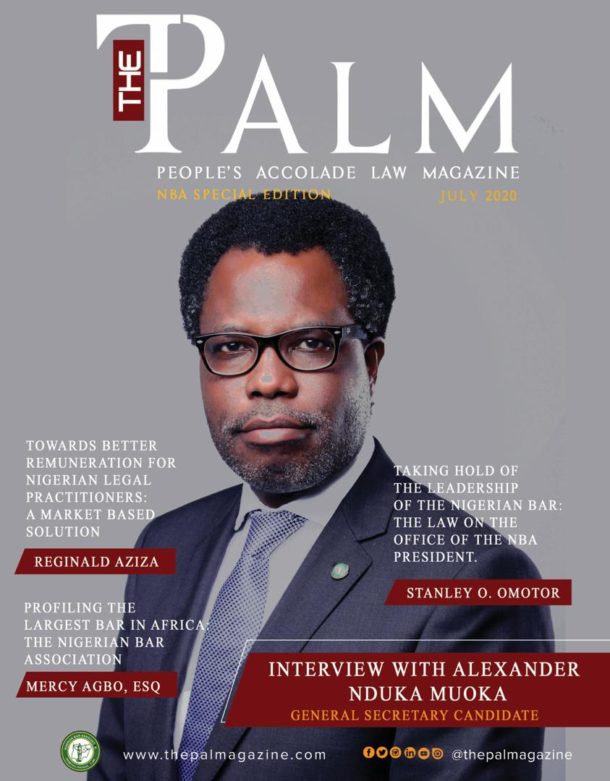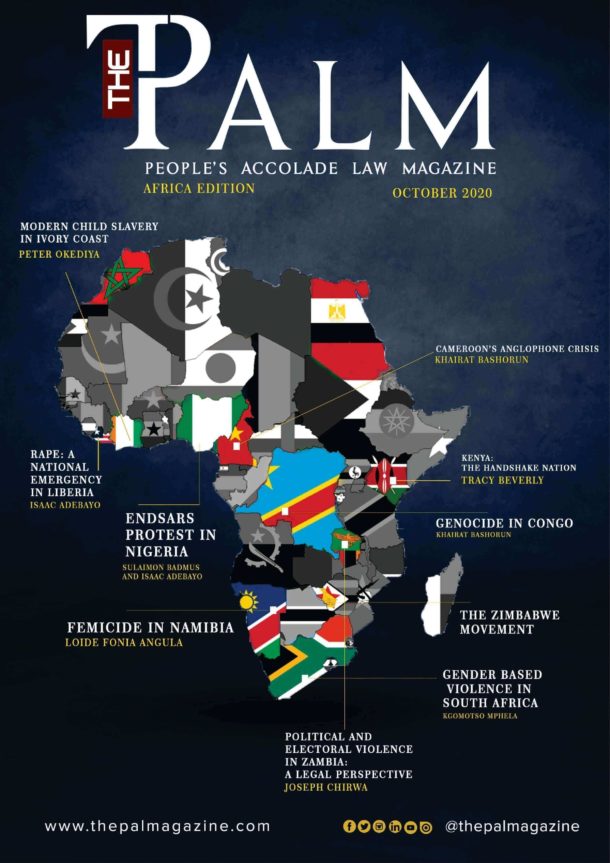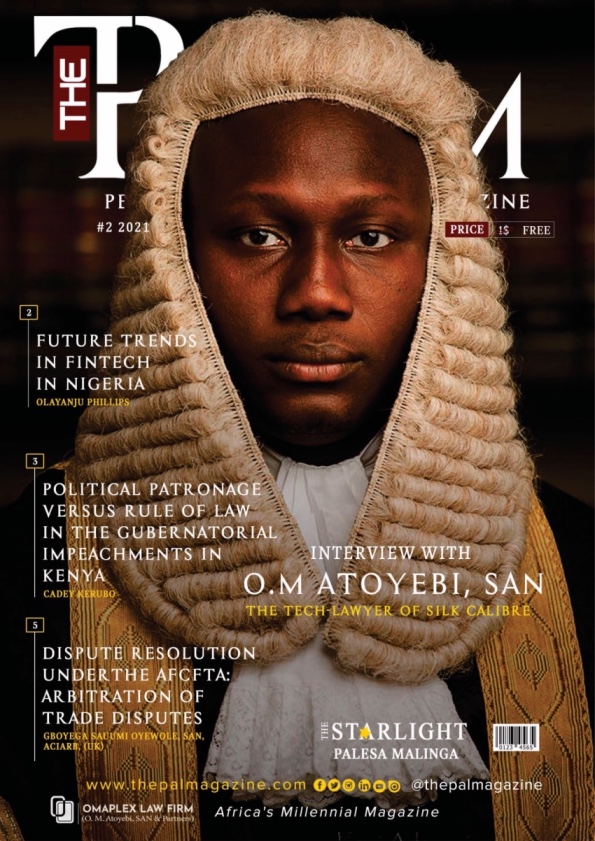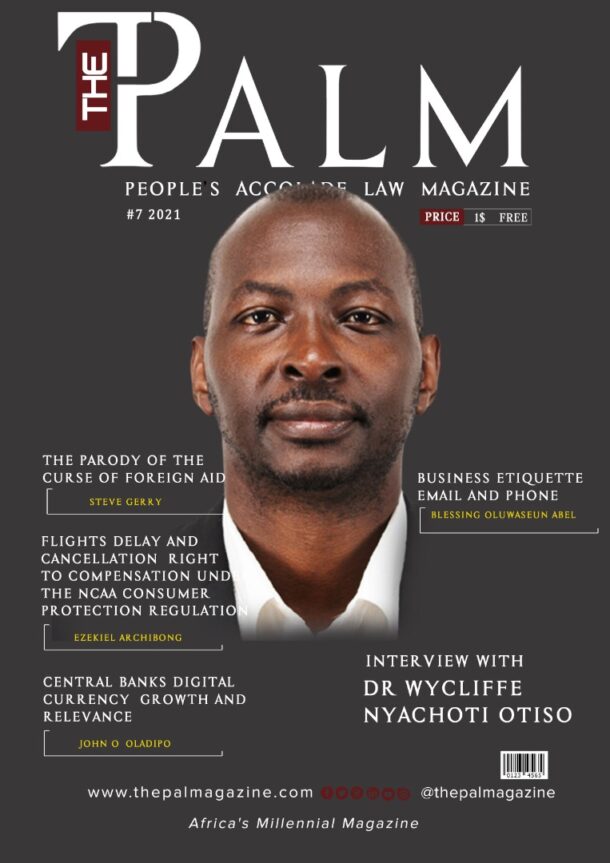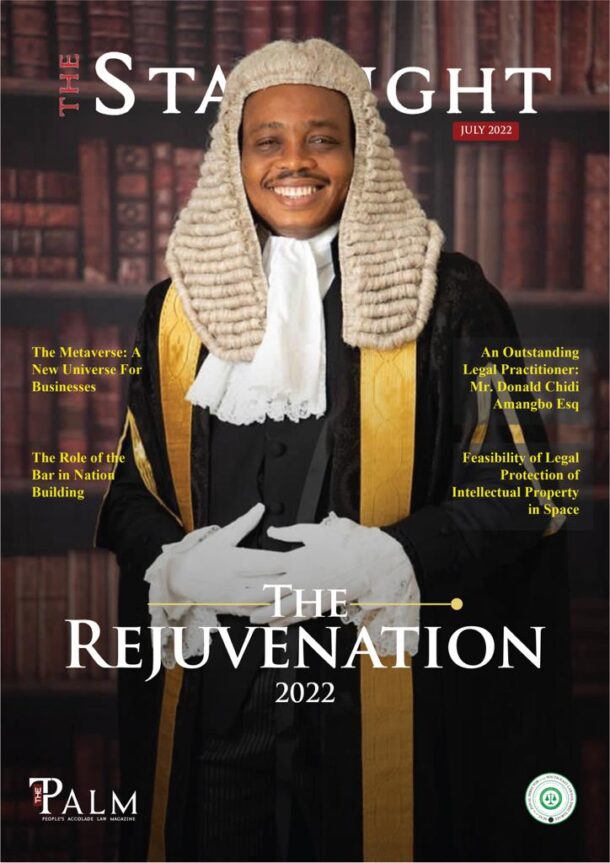- By the provision of Section 47 of the 1999 Constitution, the National Assembly consists of both the Senate and House of Representatives. Series of arguments have currently trended both the political and legal space as to the constitutional and legislative mandate of the House of Representatives to issue an invitation to the President of the Federal Republic of Nigeria in its official capacity to appear before it. Many learned scholars and legal luminaries in the legal profession who are part of the government of the day holds the view that going by the wording of the provisions of the Constitution, the House of Representatives or its counterpart does not possess the constitutional vires to issue an invitation to the President before it in matters relating to the discharge of its constitutional responsibility under the 1999 Constitution of the Federal Republic of Nigeria (as amended). According to Professor ItseSagay,
“Oversight functions don’t include that sort of thing. Oversight function only include monies that have been approved in the budget and then oversight is done on how such monies which have gone through the budget system are being expended”
- Going by the interpretation of the public comment by the learned professor of Law, one could rightly deduce the intendment and purport of the comment to the effect that the House of Representative does not have the legislative oversight power to invite the President except on matter as expressed by the Learned Professor as contained in the Constitution.
- The Honourable Attorney General of the Federation Abubakar Malami SAN, in the same vein stated that:
“National Assembly lacks the power to invite President Muhammadu Buhari to speak on security matters”
- It is important to bear in mind that the legislative oversight powers conferred on the National Assembly is an integral part of the doctrine of democratic system of government which Nigeria is presently operating. It is the power accorded to the Legislature to assist it in performing its roles of checks and balances and does not admit or constitute a flagrant abuse of the principle of separation of powers. In Attorney General of Abia State v. Attorney General of Federation1 the Court commenting on oversight functions stated that:
“Oversight functions can only be exercised within the lawmaking powers of the National Assembly. The functions are not at large and must be exercised within the provisions of the constitution”
- In Watkins v. United States2,the United States Supreme Court in no unclear terms upheld power of legislative oversight in the following words:
“The power of the congress to conduct Investigation is inherent in the legislative process. The power is broad. It encompasses inquiries concerning the administration of existing laws as well as proposed or possibly needed statutes. It includes surveys of defects in our social, economic or political system for the purpose of enablingcongress to remedy them. It comprehends probes into department of the Federals Governments to expose corruption, inefficiency and waste”
From the decision of the US Supreme Court, it can be canvassed that the National Assembly is saddled with the Constitutional power to probe the activities of the government and any of its agency and this can be done by inviting the President or department of the government to appear before it with the intent of checkmating its excesses which includes corruption, inefficiency and waste while in the Nigerian Court decision is the effect that the exercising of the oversight functions by the National Assembly must be done within the confine of the Constitution which includes the process of lawmaking.
- The constitutional mandate and legislative oversight functions of the National Assembly to review and evaluate selected activities of the executive branch of government or any person by conducting investigation is provided for under Sections 88,89,128 and 129 of the 1999 Constitution(as amended).Section 88 which is a reflection of Sections 89 and 128 of the Constitution provides as follows:
“(1) Subject to the provisions of this Constitution, each House of the National Assembly shall have power by resolution published in its journal or in the Official Gazette of the Government of the Federation to direct or cause to be directed an investigation into
- any matter or thing with respect to which it has power to make laws; and
- The conduct of affairs of any person, authority, ministry or government department charged, or intended to be charged, with the duty of or responsibility for-
(i) Executing or administering laws enacted by the National Assembly, and
(ii)Disbursing or administering moneys appropriated or to be appropriated by the National Assembly.
- Similar provisions to the above equallyexist under Sections4,5,6,7 and 11 of the
Legislative Houses (Powers and Privileges) Act, 2004.
- As evident from the spirit and letters of the Constitution, the powers conferred on the National Assembly is neither a carteblanche for the National Assembly to arrogate itself, the general investigative functions of the Executive agency nor the adjudicative functions of the Judiciary. However, Section 88 (2)of the Constitution gives the qualifications for the exercise of the power as follows:
“The power conferred on the National Assembly under the provisions of this section are exercised only for the purpose of enabling it to-
(a) Make laws with respect to any matter within its legislative competence and correct any defects in existing laws; and
(b)Expose corruption, inefficiency or waste in the execution or administration of laws within its legislative competence and in the disbursement or administration of funds appropriated by it.
- The relevant question to ask isunder what legislative capacitywere the House of Representatives acting/exercising its legislative functions in line with the provisos of Section 88 (2) of the Constitution when they invited the president?
- Events show that following the unfortunate massacre of 43 farmers in Borno State and the subsequent adduction of the students in Katsina State by some unidentified gunmen, the House of Representatives invited the President as to the security challenge of the Nation. The question to ask is does security fall within the proviso of Section 88 (2) of the Constitution or within the legislative competence of the National Assembly?This question can be answered with reference to the case of Tony Momoh v. National Assembly & Ors3. The Appeal Court in interpreting the provision of Section 88 (2) of the 1979 Constitution held that Section 82(2) is designed to eliminate abuse. Any invitation by the House to any person outside the purposes defined by Section82 (2) of the Constitution is invalid. The power exists under the section is neither for general investigation nor for aggrandizement of the House.
- Similarly, in El Rufai v. House of Representatives4, the Court of Appeal, held inter alia:
“In my view their power under the section is further circumscribed and limited by sub-section 2 of section 82. They can only invite members of the public when they want to gather facts for the purpose of enabling them make law or amend existing laws in respect of any matter within their legislative competence as witnesses in a properly constituted inquiry under section82 (a) and (b)”
- Therefore from the above decisions of the Courts which were decided under the 1979 constitution which is in pari materia with the extant provisions of the 1999 Constitution, it can safely be canvassed that the capacity under which the House of Representatives invited the President as to the security challenge of the Nation does not fall within the ambit of Section 88 (2) of the Constitution.However Section 4 (1-4)and Section218 (4) (a) and (b)empowers the National Assembly to make laws for the peace, order and good government and for the disciplinary control of members of the armed forces of the Federation.Section 14 (1) and(b) states that the security and welfare of the people shall be the primary purpose of government. It is therefore the combine reading of the Sections that empowers the National Assembly to invite and summon the President to answer issues of security in the Nation in order to give effect to the provisions of the Constitution. Although Section 67(1)confers on the President the constitutional discretionary right to attend joint meeting or either meeting of the National Assembly or either House to deliver an address on national affairs, including fiscal measures, or to make such statement on the policy of government as he considers to be of national importance, such discretionary right should not beexercised with the intent of jeopardizing the security and welfare of the citizens which is a matter of public interest.
13. If Barrack Obama, George Bush could be summoned twice by the US House of Congress to answer questions of burning issues which they responded to, why should the President of Nigeria not obliged to samebearing in mind that our extant Constitution is modelled on the US Constitution? Therefore the invitation is not to initiate or commence criminal or civil proceedings against him as many may have thought it in contravention ofSection 308 of Constitution but it is ajust call to accountability, point of duty and to compel him to show high level of interest to the welfare and security of the Citizens of Nigeria in line with Section 218 (1)and Sections 13 and 14 (1) (b)of the Constitution and not to the interest of the National Assembly per se.
14.CONCLUSION.
It should be noted that any invitation, summon or investigation by the National Assembly beyond the contemplation of the constitution must be rendered void where there are no other provisions to support same by the Constitution. The invitation to the President by the National Assembly is not an attempt to commence civil or criminal proceedings against him as may be seen under section 308 of the Constitution but to put into operational force the welfare and security of the Citizens of Nigeria which should be the primary purpose of every democratic government.
REFRENCES.
1.(2002) JELR 57821 (SC)
2.(1957) 354 US 178
3.(1983) 4 NCLR, 269 at 295.
4.(2003) 46 WRN 70 at 97.
*Viewpoint by Festus Ogun “National Assembly, AGF and Power to Invite the President”at https://vanguard.ngon December, 17th 2020.Accessed 19thDecember,2020.
*Viewpoint by Akorede Polarin “An Evaluation of the Power of the National Assembly to Conduct Investigations”at https://www.lawyard.com.Accessed19th December,2020.
Chris Kodu: An Associate in the law Firm of A.C.E. Ezenduka & Co.
Lagos State

